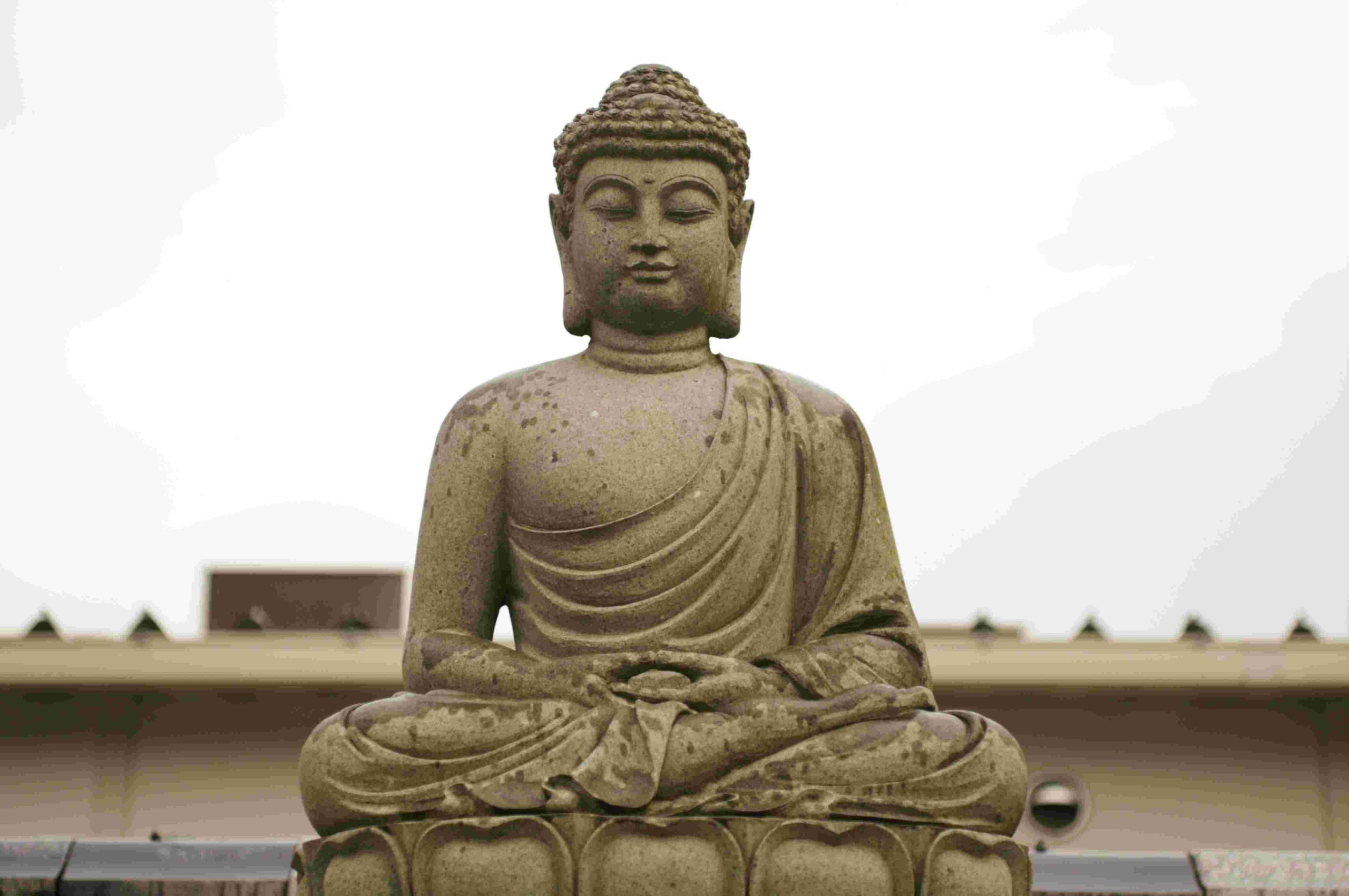Unlocking Inner Peace: Guided Meditation Practices for Stress Relief
In a world that seems to unravel faster with each passing day, the quest for inner peace has become not just a luxury, but a necessity. Stress, that omnipresent shadow in our lives, has the power to derail our happiness and performance. But what if I told you that the key to tranquility lies within you? Guided meditation practices stand as a beacon of hope for anyone grappling with life’s pressures, offering a path to serenity and balance.
Allow me to take you through my personal journey. A few years ago, I was ensnared in the throes of stress, juggling a demanding job and a bustling personal life. My body spoke a language of fatigue, while my mind was a whirlwind of chaos. It was during this turbulent time that a friend introduced me to guided meditation. Skeptical yet desperate for relief, I committed to try it. Little did I know that this practice would not only transform my mindset but also provide me with invaluable tools to navigate life’s challenges.
The Societal Urgency for Stress Management
This narrative isn’t unique. Millions today face the same symptoms of overwhelm, often seeking refuge in remedies that are all too fleeting. The World Health Organization highlights stress as the health epidemic of the 21st century. In our hyper-connected society, the demands of work, relationships, and personal goals can feel insurmountable. Here, traditional approaches to stress relief often fall short, leading many to seek alternatives that resonate beyond the conventional. Guided meditation serves as a departure from quick fixes, addressing stress at its roots.
Challenging the Norms of Stress Relief
For far too long, we have been led to believe that stress can be efficiently managed through endless to-do lists, caffeine increases, and late-night work marathons. But what if this prevailing wisdom is misguiding us? The rise of mindfulness and meditation practices challenges this perception, emphasizing the importance of introspection and mental clarity over mere productivity. It beckons us to reconsider our coping strategies, offering new perspectives on finding peace amidst the chaos.
Interdisciplinary Approaches to Meditation
The beauty of guided meditation is its ability to synthesize wisdom from various fields—psychology, philosophy, and even technology. Researchers in psychology have demonstrated how meditation can reshape our brains, enhancing areas responsible for emotional regulation, focus, and resilience. Through an interdisciplinary lens, we can see meditation as not only a spiritual activity but also a cognitive practice that engages our mind effectively.
Philosophy invites us to ponder the nature of existence, helping us distance ourselves from external frustrations. The integration of technology brings this ancient practice to our fingertips, with apps and online classes offering expert-led sessions that fit our busy schedules. Thus, the future of meditation looks promising, embracing advancements that make mindfulness more accessible than ever.
Looking Ahead: The Future of Stress Relief Techniques
As we gaze into the future, it is evident that the paradigm surrounding mental health is shifting. We are witnessing an unprecedented acceptance of meditation, not just as a retreat, but as a fundamental practice in corporate and educational settings. Organizations are beginning to embrace wellness programs that advocate meditation for their employees, recognizing its role in fostering creativity, collaboration, and overall well-being.
This wave of transformation suggests that guided meditation will likely become an essential component in personal development strategies, merging seamlessly with practices aimed at emotional intelligence and resilience training.
Practical Steps to Incorporate Guided Meditation into Your Life
The question now arises: how can one effectively incorporate guided meditation into their daily routine? Here are actionable steps to make this practice a sustainable part of your life:
-
Start Small:
Begin with just five minutes a day. As you grow comfortable, extend the duration gradually. -
Select Your Medium:
Choose between apps, online videos, or podcasts that resonate with you. Explore different voices and styles to find your preference. -
Create a Dedicated Space:
Find a calm spot away from distractions. This will condition your mind to recognize it as a space for tranquility. -
Schedule It:
Treat your meditation time like any important appointment. Consistency is key! -
Explore Different Techniques:
From body scans to loving-kindness meditation, experiment with various types to find what brings you peace.
Imagining Stress Relief Through Metaphors
To explain the benefits of meditation, imagine a cluttered room filled with objects piled haphazardly. This chaos represents your mind under stress. Guided meditation acts as the organizer, systematically clearing away the clutter to unveil a serene space. With each session, you gain clarity, allowing your thoughts to flow freely, unencumbered by chaos.
The Power of Learning and Self-Education
In our exploration of guided meditation, we must also recognize the importance of continuous learning. While initial classes or sessions provide foundational knowledge, the journey doesn’t stop there. Engage with books, attend workshops, or join local groups to deepen your practice further. Knowledge equips you with diverse perspectives and techniques, enhancing your ability to cope with stress.
Taking Action: Make Meditation Your Ally
It is one thing to read about the benefits of guided meditation, but it is another to implement it in your life. Ask yourself, what barriers are preventing you from starting? Identify your personal hurdles and create a plan to overcome them. Whether it’s finding a suitable time or developing a ritual that prepares your mind, take actionable steps today.
Questioning Mainstream Perspectives
Furthermore, do not shy away from critically evaluating mainstream wellness narratives. Many self-care initiatives promote overly simplistic solutions that fail to address the complexity of stress. Challenge these notions and cultivate your unique understanding of mental wellness. Each individual’s path is distinct; your stress relief should be too!
Cultivating Lasting Change
As we draw closer to the end, it’s clear that guided meditation can be a profound catalyst for change in one’s life. This practice is not merely about quick results; it requires patience, persistence, and an openness to learning. Invite meditation into your life not as a fleeting solution, but as a lasting ally in the battle against stress.
In a world where stress is unavoidable, take the first step today. Commit to nurturing your mental well-being through guided meditation practices, transforming not only your mindset but also enriching your life.










